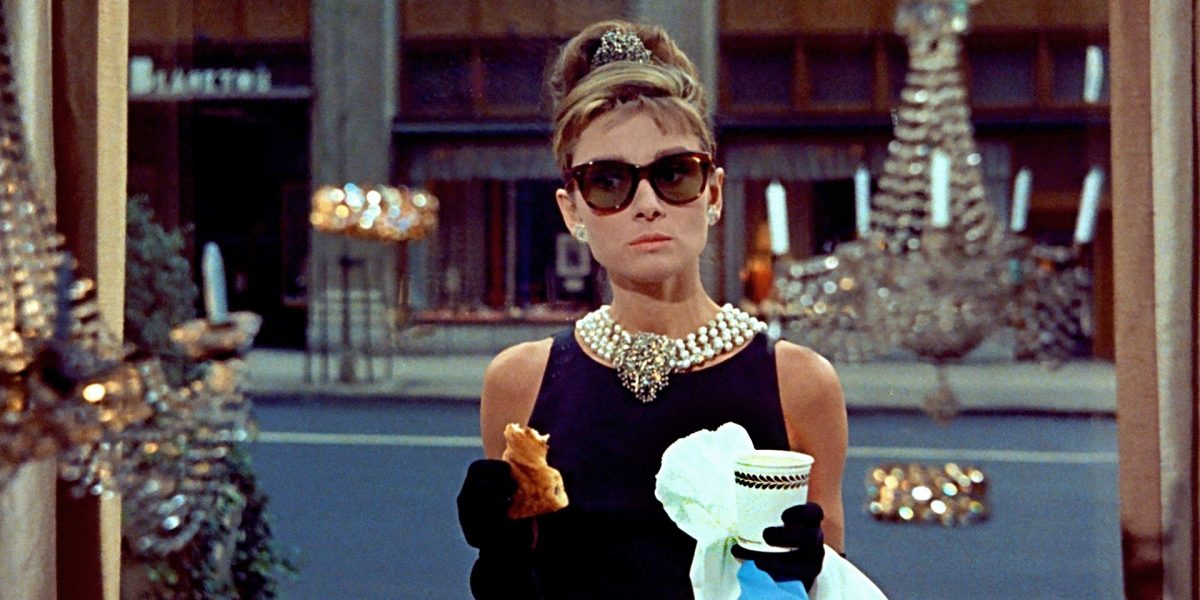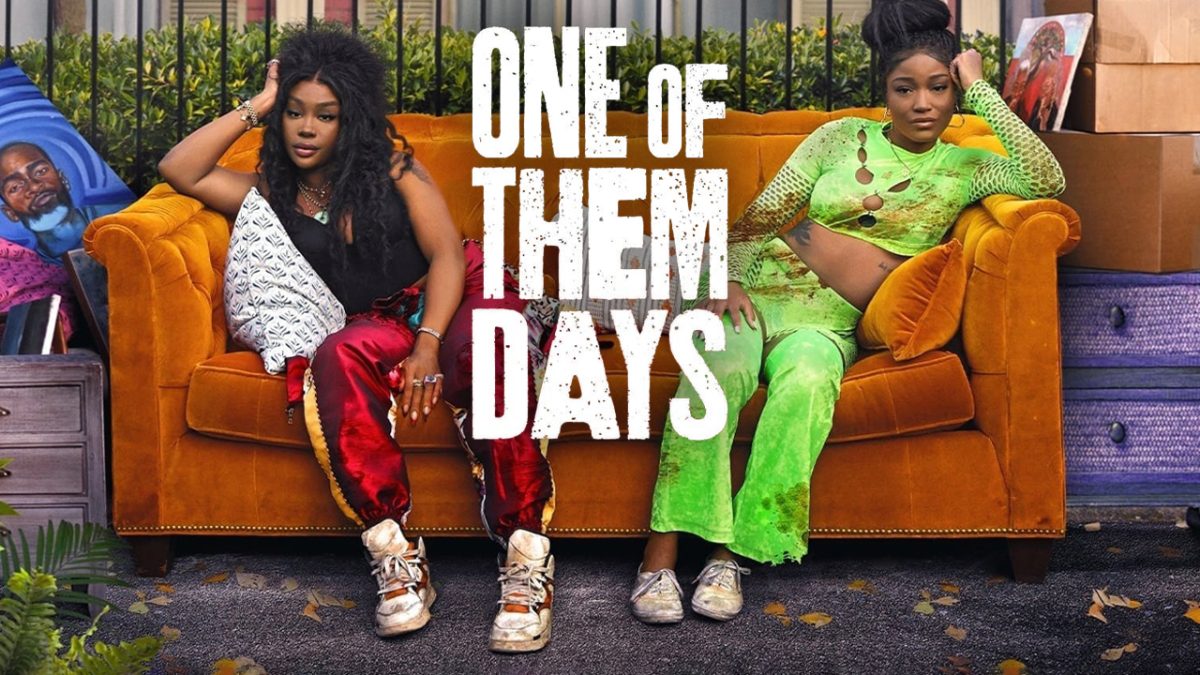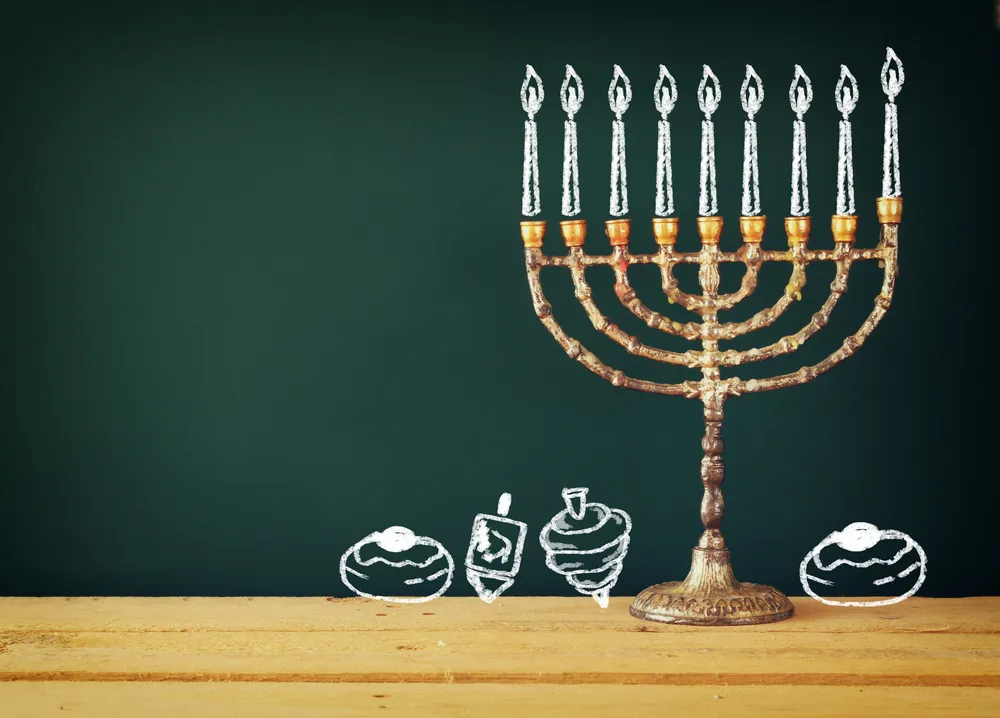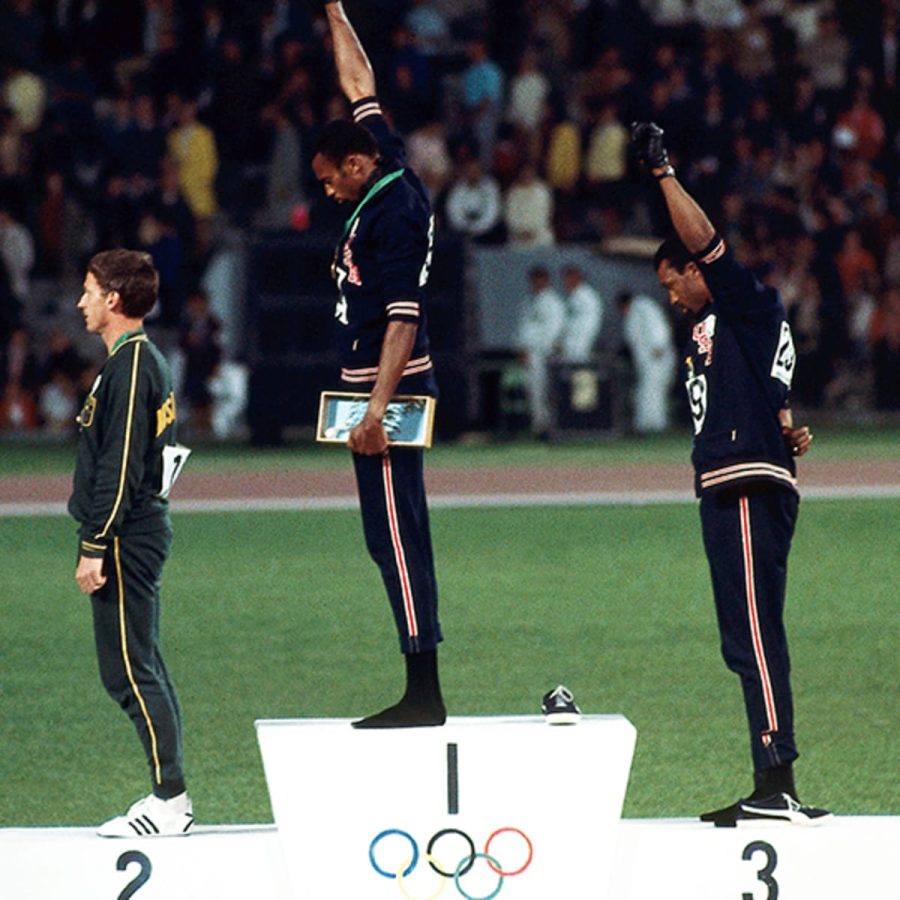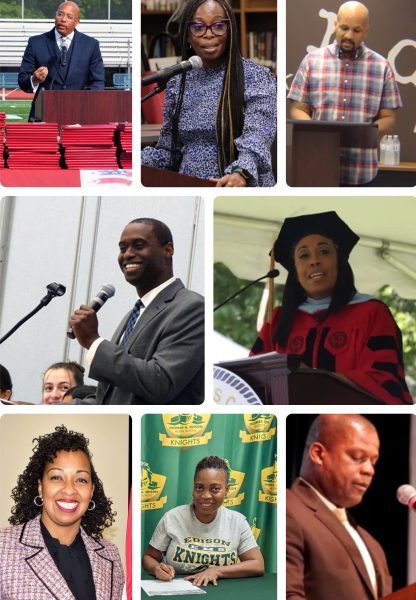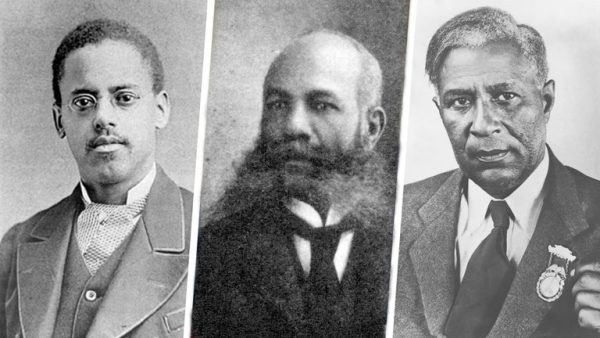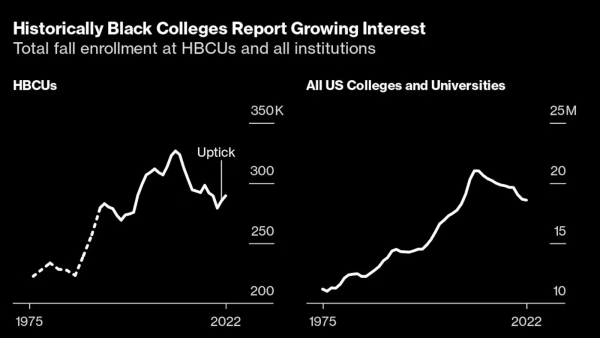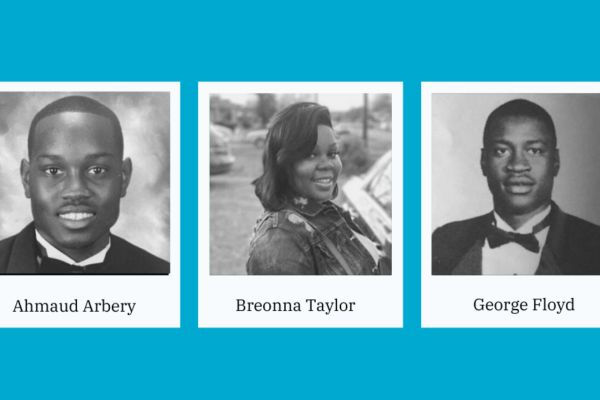The Voice of a Silent Gesture: The Black Power Salute at the 1968 Summer Olympics
African American runners Tommie Smith (center) and John Carlos (right) raise their firsts as the Star-Spangled Banner after their gold and bronze victories in the 200 m race at the 1968 Summer Olympics. Silver medalist Peter Norman (left) from Australia wears an OPHR badge in solidarity with their cause.
The 1968 Olympic Games was one of the most politically charged sporting events of the twentieth century. Taking place in Mexico during the summer of 1968, it was a historical event of many firsts. It was the first time the Olympics were hosted in a Latin American country, had East and West Germany compete as individual nations, be televised in color, had a woman light the Olympic flame, and test for drug misuse. When it comes to black history, The 1968 Summer Olympics represented the perfect venue for black athletes to protest for civil rights across the world.
Over 54 years ago, on the evening of October 16, African American sprinters Tommie Smith and John Carlos approached the podium after winning their respective gold and bronze medals in the men’s 200-meter sprint final. They were shoeless and wore scarves and beads around their necks and a badge on their chests. The one accessory that would make all the difference was their black gloves, which they raised in a closed fist while the American national anthem played. The gesture ignited a two-sided uproar across America, in which primarily white audiences vilified the athletes while black communities hailed them as national heroes. Nonetheless, it will forever be a moment ingrained in history.
Though Smith and Carlos’ brave act was placed on the global stage for only a few moments, their protest was rooted in nearly a year of planning before the games. 1968 was an emotionally charged year marred by civil unrest. Both Rev. Martin Luther King Jr. and U.S. Sen. Robert F. Kennedy had been assassinated earlier in the year, and King’s murder sparked turmoil throughout several cities. Alongside riots were protests against the Vietnam War. In light of this national tension and South African apartheid, San Jose State sociology professor Harry Edwards founded the Olympic Project for Human Rights.
Also led by Smith and Carlos, the project focused on the global welfare of Black people and fought for Black athletes. They specifically advocated for the hiring of black coaches and the disqualification of South Africa and (what is now) Zimbabwe from competing in the Olympics for practicing apartheid. In addition, Edwards believed that older generation athletes, like Jackie Robinson and Jesse Owens, did not fight hard enough for racial equality off the field. Thus, the Olympic Project for Human Rights contemplated boycotting the games.
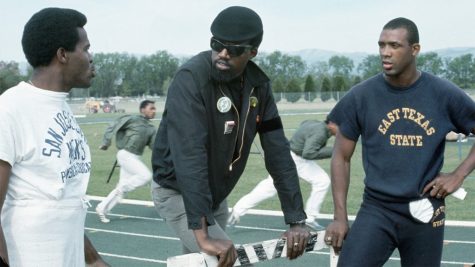
Not only were they concerned over the better treatment of black people worldwide, but Smith and Carlos were also enraged by an incident in Mexico only ten days before the Summer games began, in which Mexican military troops and police officers shot into a crowd of unarmed student protesters. In the end, as many as 300 youths were killed. The tragedy, alongside their preexisting human rights concerns, prompted the runners to make a statement at the Olympics.
After their victories in the 200-meter race, the duo stepped to the podium alongside Peter Norman, a white Australian athlete who won the silver medal. Smith wore a black glove on his right hand to signify the power of black America. Carlos wore a black glove on his left hand to represent black unity. The scarf around Smith’s neck symbolized black pride and blackness in America, while Carlos wore beads to honor victims of lynching. Both received their medals wearing black socks instead of shoes to acknowledge poverty in the black community. Carlos’ unzipped jacked, a violation of Olympic etiquette, was in solidarity with the working class in America. All three of the athletes, including Norman, wore an OPHR badge on their chests.
Their silent gesture spoke volumes, as it ignited a revealing of American attitudes during this period. As a result, both Carlos and Smith were suspended and quickly sent back home from Mexico. They were initially vilified by the media upon their return to the states, but eventually went on to become heroes in the histories of African Americans and American sports alike. The black power salute at the 1968 Summer Olympic Games helped to set the stage for future black athletes in their activism for racial equity on and off the field.













































